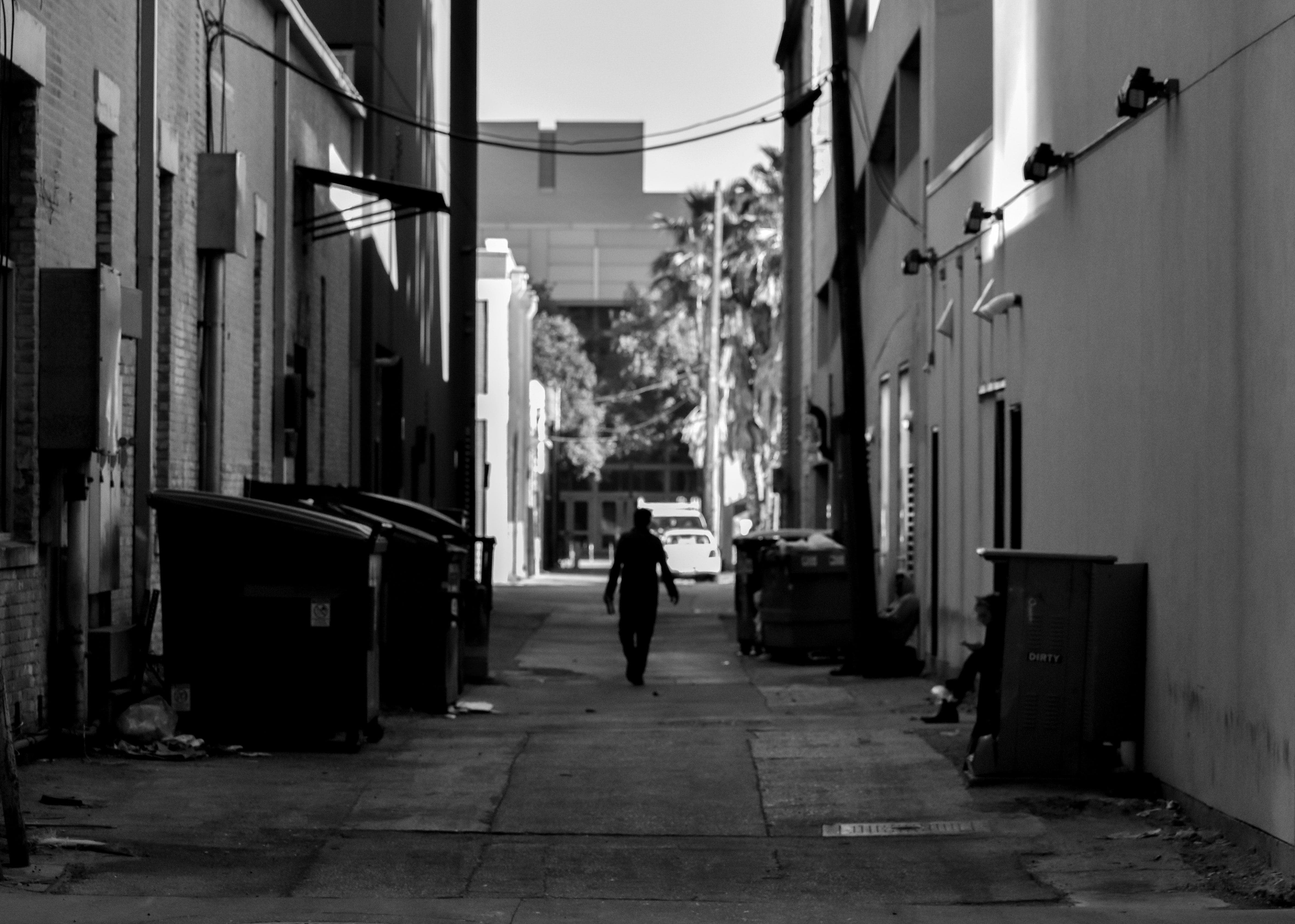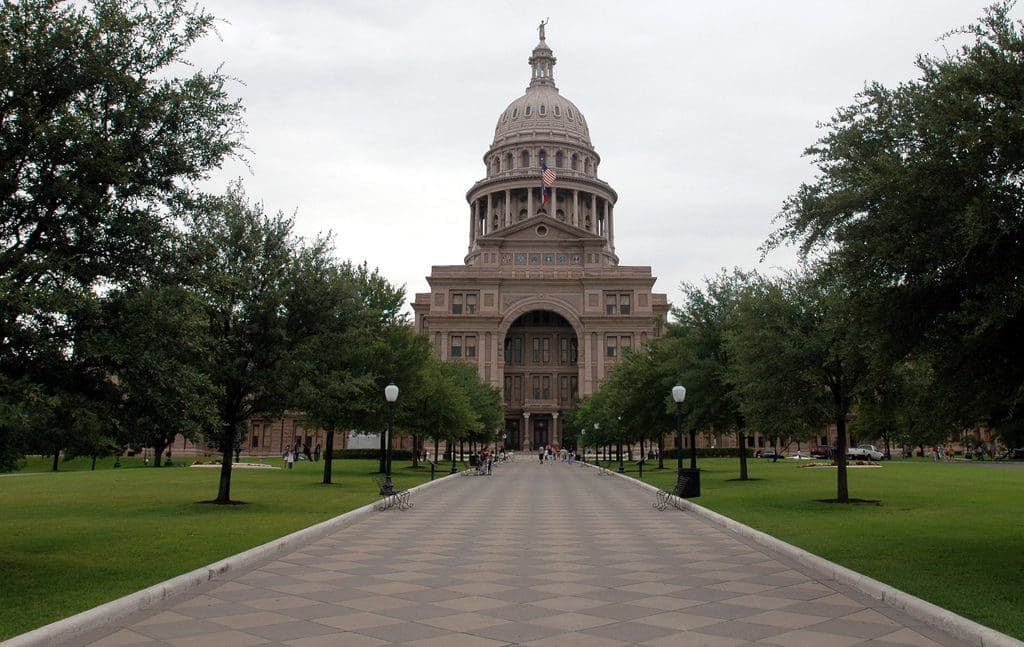Public demands by Black Lives Matter and antifa protesters are gaining support within the Austin City Council; the council is expected to vote on a number of measures soon, including a potential $100 million cut to the police department.
Spurred by demands from the Austin Justice Coalition, whose goal is a 25 percent cut in this year’s funding for APD and significant decreases in future funding, the city council will consider budget cuts and reforms to the agency on this coming Thursday.
Democratic Socialist Councilmember Greg Casar has been the most active member of the body in support of such measures. Casar posted the following on his Facebook page earlier this week:
“I haven’t been anywhere near a crowd in months. But today, I joined demonstrators because we must protect and honor #BlackLives.
I also recognize I have a position of responsibility, and that marching in the streets is not nearly enough for me to do. So:
I’ve sponsored a proposal that does the following:
– Bans tear gas and impact munitions (like those “bean bags” full of lead that did so much damage to Brad Levi Ayala and Justin Howell) against protesters.
– Bans chokeholds (#GeorgeFloyd RIP) and bans shooting people who are fleeing (#MikeRamos RIP).
– Bans Facial Recognition tech and other dangerous tactics as general policing tactics
– Re-writes our Use of Force rules, top to bottom, with community
– Begins eliminating military equipment from APD
**Furthermore, I am co-sponsoring my colleagues’ proposals to divert major amounts of dollars away from relying on policing as our main solution to social problems– and instead [direct] more funds into supporting our communities’ health and safety. We must do all this while supporting the call for current police leadership to resign.”
Jimmy Flannigan, the former president of the Austin Gay and Lesbian Chamber of Commerce who was elected to the council in 2016, agreed with many of Casar’s proposals and said he thought the Austin Police Department could be cut by “more than $100 million.”
“My instinct is that there is going to be more than $100 million of improvement that we’re going to be able to find,” said Flannigan. “When I talk to my constituents about policing, they ask for more police to address their concerns because that is the only option they’ve ever been given to address their concerns. There are better options.”
Though Casar, Flannigan, and other council members back the changes, citizens and the Austin Police Association have said that, while they would welcome some reforms to procedures, the department should not be defunded and any funding decision by the council should at least be delayed.
“Institutional racism must be eliminated, and police procedures must be reviewed with vital reforms enacted to prevent this from happening in our community,” the APA said in a press release. “We are committed to having a frank conversation about necessary reforms. We cannot, however, in the heat of this very tender moment, move to defund the good men and women in our police force who are working the longest hours of their careers and doing an admirable job protecting their community during the most tumultuous time in our lives.”





